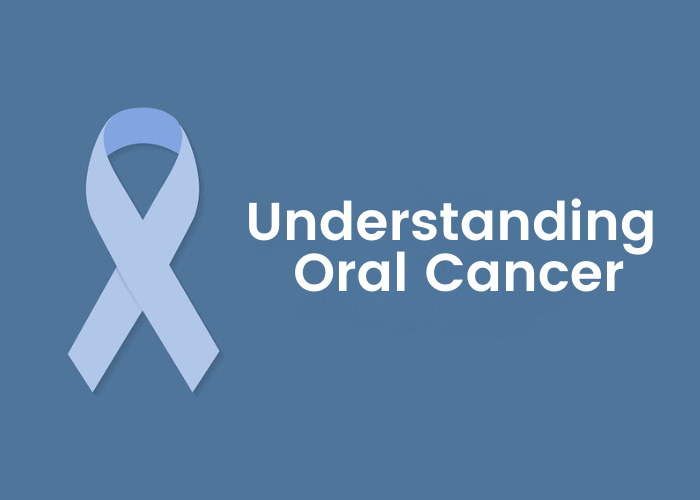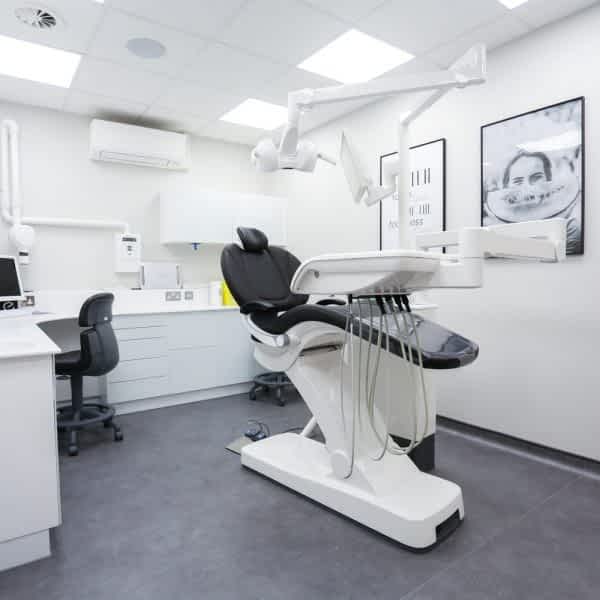
Understanding Oral Cancer
April marks an important month in the healthcare calendar – Oral Cancer Awareness Month. As part of our commitment to enhancing oral health and wellbeing, Banning Dental Group is dedicated to educating our community about the critical aspects of oral cancer, including its incidence rates, symptoms, prevention strategies, and the vital importance of early detection.
Oral Cancer in the UK: A Snapshot
Oral cancer, also known as mouth cancer, comprises various cancer types that develop in the mouth and part of the throat. In the UK, the rates of oral cancer have been rising steadily over the last 10 years. According to Cancer Research UK, there are around 8,300 new oral cancer cases reported in the UK every year, making it the 10th most common cancer for Men and the 15th most common cancer for women across the country.
Oral cancer can start in different parts of the mouth, including the lips, gums, the soft sides of the cheek or the floor or roof of the mouth. Oropharyngeal cancer starts in the oropharynx, which is the part of the throat (pharynx) just behind the mouth that includes the tonsils and the back part of the tongue.
These cancers occur when abnormal cells in the mouth and oropharynx start to grow and divide in an uncontrolled way.
Identifying Oral Cancer Symptoms: Your First Line of Defence
Early detection of oral cancer significantly improves treatment outcomes. Recognising the symptoms is your first line of defence. Here’s what you should look out for:
- Unusual lumps or swelling in the mouth, lips, or throat.
- Red or white patches on the lining of the mouth or tongue.
- Sores or ulcers that do not heal within two weeks.
- Difficulty in swallowing, chewing, or moving the jaw and tongue.
- Unexplained bleeding or numbness in the mouth.
- A lump in your neck
- Unexplained weightloss
- Bad breath
Of course some of these symptoms can easily be attributable to other more common and less sinister conditions, but it’s important to be aware of when you should consult your dentist or doctor for screening.
How to Check Your Mouth
Conducting regular self-examinations can be lifesaving. Use a bright light and a mirror to inspect all areas of your mouth, including the roof, floor, back of your throat, tongue, and the inside of your cheeks and lips. Feel for any lumps or abnormalities with your fingers. This simple routine, done monthly, can help catch early signs of oral cancer.
When to Seek an Opinion from Your Dentist
If you notice any persistent symptoms or changes in your mouth that do not heal or disappear on their own, it’s time to consult your dentist. Banning Dental Group encourages patients not to wait for their routine dental check-ups if they spot any warning signs. Early professional evaluation and intervention are paramount.
In many cases, there are alternative explanations or causes for the symptoms you may be suffering, but in order to eliminate any major causes for concern, your doctor or dentist may perform a series of examinations or tests to get to the root of the problem. This may include:
1. An initial physical examination of the areas that are giving you discomfort which can be done easily at your general practice or clinic
2. You may then be referred for blood tests to check for the presence of blood cells, chemicals or proteins in higher than normal levels.
3. A nasoendoscopy allows a more thorough examination of the inside of your mouth, nose and throat with a tiny camera that is passed through the nasal and sinus passages.
4. A biopsy may be recommended to test samples of tissue from any abnormal areas for cancerous cells.
5. Xrays and Scans. Depending on the area of concern, you may be referred for X-rays, CT, MRI or PET scans
Preventing Oral Cancer: Lifestyle Choices Matter
Key factors contributing to the incidence of oral cancer include lifestyle choices, with smoking and alcohol consumption at the forefront of the risk factors. Prevention plays a crucial role in the fight against oral cancer, so here are are several actionable steps to reduce your risk:
- Quit Tobacco: Smoking and other tobacco products are among the leading causes of oral cancer. Research suggests that around 25 out of 100 of mouth and oropharyngeal cancers in the UK (around 25%) are caused by smoking. Giving up tobacco significantly lowers your risk.
- Limit Alcohol Consumption: Excessive alcohol consumption can increase your risk. Moderation is key, but the combination of smoking and drinking together further increase the risk of mouth and oropharyngeal cancer.
- Maintain Oral Hygiene: Good oral hygiene practices, including regular brushing, flossing, and dental check-ups, can help prevent oral cancer.
- Healthy Diet: A diet rich in fruits and vegetables boosts your body’s defence against cancer thanks to the additional minerals and vitamins that are absorbed to support your immune system.
- Sun Protection: Protect your lips from excessive sun exposure by using lip balm with SPF.
Our Collective Fight Against Oral Cancer
Oral Cancer Awareness Month serves as a poignant reminder of our collective responsibility towards oral health. By staying informed, conducting regular self-examinations, and adopting healthier lifestyle choices, we can all play a part in combating oral cancer.
Banning Dental Group is at the forefront of providing comprehensive dental care and oral cancer screenings as part of our routine check-ups. Our dedicated team of dental professionals is committed to supporting you in maintaining optimal oral health and wellbeing.
This April, let’s unite in raising awareness and taking proactive steps towards preventing oral cancer. Remember, early detection and intervention are key to combating this disease. If you have any concerns or symptoms, do not hesitate to contact us for advice and support. Together, we can make a difference in the fight against oral cancer.










